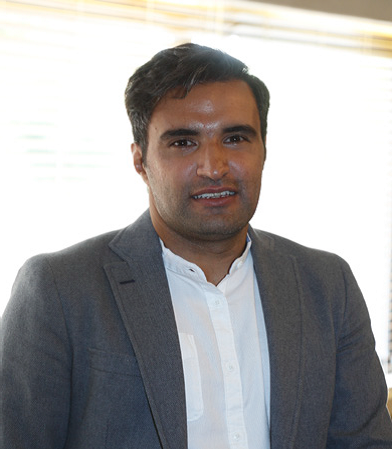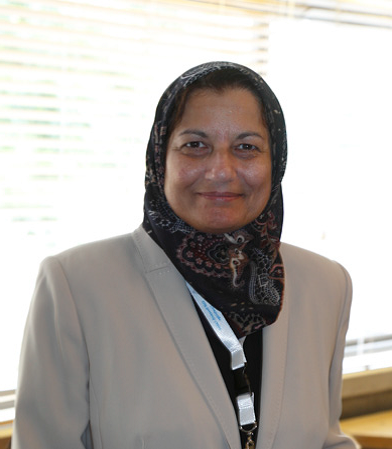Several countries across the Middle East have recently embarked on establishing nuclear power programmes in the hope of resolving energy security problems, meeting increasing demand for electricity and desalinated water, and promoting economic growth through localisation. The Gulf region is at the centre of the new nuclear build wave with ambitious plans to build nuclear power plants in Iran, Saudi Arabia, and the UAE. This workshop will examine the diverse set of challenges and opportunities associated with the deployment of nuclear power in the Gulf with particular focus on economics and the potential for regional cooperation. The workshop also aims to highlight other key considerations such as safety and security, available vendors and technologies, and emerging trends in project financing
3 DAYS / 12 Workshops
MORE THAN 300 ACADEMIC PAPERS
With Iran gaining the international community's acceptance of its nuclear programme,
and the UAE currently constructing three of four planned nuclear reactors, nuclear energy
has become a reality in the region. The leaders of Saudi Arabia have also announced that
the kingdom is embarking on an ambitious energy diversification plan that includes a
large share of nuclear power. The multiple accidents at the Fukushima nuclear plant in
Japan in 2011, however, have curbed enthusiasm for nuclear energy in Bahrain, Kuwait,
Oman, and Qatar, and led these countries to abandon or suspend their nuclear plans.
The official rationale to acquire nuclear power is based on a set of common challenges
that face countries across the region such as rising demand for electricity and desalinated
water due to economic and population growth, the need to achieve energy security
through reducing reliance on energy imports or through diversification of energy sources,
and the opportunity cost associated with burning oil and gas to generate electricity
instead of diverting these resources for export.
As the presence of nuclear energy in the region grows, the need to better understand the
underlying issues becomes essential. Specifically, this workshop aims to discuss the
following themes:
• Status, projections, and resource requirements: The scale and maturity of the
proposed nuclear programmes in the region differ from one country to another. An
overview of current status and future projections would be needed for setting the stage to
discuss the various issues identified below.
• Economics: The economic competitiveness of nuclear power depends on its cost
relative to traditional energy sources such as oil and natural gas as well as to alternative
energy sources such as wind and solar power. Nuclear projects have suffered some major
cost and time overruns, even in countries with high nuclear capacity such as France and
the United States. On the other hand, generation costs of solar electricity have
dramatically declined over the past decade and are projected to decline further as relevant
technologies mature.
• Nuclear safety: In the wake of the Fukushima accident in 2011, many countries around
the world, including four GCC states, decided to revise their nuclear power plans. There
is a need to understand how Fukushima affected the public discourse on nuclear issues
and selection criteria for nuclear safety in newcomer countries in the region in terms of
technological preferences and expectations.
3
• Nuclear security: The talks over Iran's nuclear programme have highlighted the
security risk associated with nuclear power and its relevance to the region. The global
expansion of nuclear power is a major challenge to the nuclear non-proliferation regime
due to the significant overlap between the technical requirements of a peaceful nuclear
power programme and that of a nuclear weapon programme.
• Prospects for regional cooperation: The adoption of nuclear power as part of the
region’s future energy mix could open the door for cooperation opportunities, particularly
on sensitive issues such as control of the nuclear fuel cycle activities, including uranium
enrichment and management of nuclear waste.
• The role of small modular reactors: In recent years, a number of designs called Small
Modular reactors (SMRs), with power outputs of less than 300 MWe, are being promoted
by nuclear establishments in many countries. SMRs could offer a number of advantages
over large reactors such as reduced economic risk and the potential use for some niche
industrial applications.

